blog
Reframing Failure
November 18, 2024

Falling Up
Failure is often viewed negatively, ingrained in us from a young age as something to avoid. Whether it’s failing a subject in school or missing a deadline at work, it can feel like the end of the world. However, failure isn't a reflection of your inability; it's an opportunity to improve and do better. By shifting our perspective and seeing failure as a steppingstone rather than a setback, we can turn these moments into powerful learning experiences.
The word failure sounds awful…it resonates as a completely negative scenario with no real positive outcome. This is not correct at all. A much better way to describe this kind of event and situation is to
“Fall Up”
which is defined as benefiting in the long run from what seems initially to be a setback.
To turn failure into
Falling Up, it is all about mindset, and so we’ve compiled some advice on how to shift your perspective on failure and make it into a positive.
1.Embrace Failure as Feedback
Think of failure as valuable feedback rather than the end. Each time something doesn’t go as planned, it's an opportunity to understand what didn’t work and why. This feedback allows you to adjust your strategy, making your next attempt at whatever you are looking to achieve much stronger and likely for.
2. Focus on What You Can Control
In work settings, not all failures are within your control. Projects or sales can fall through due to external factors, like market conditions or client changes. It’s crucial to identify which elements were in your control and where adjustments can be made. If a sale falls through, focus on improving your negotiation skills or enhancing your communication approach, instead of dwelling on circumstances you couldn’t change. Are there other questions you could have asked or information to discover that might have provided prior warning? It is always important to reflect on these situations and learn from them.
3. Cultivate Resilience
Resilience in the face of failure is a critical skill in the workplace. The ability to bounce back and remain motivated after a setback is essential for success. It also sets a positive example for colleagues, fostering a company culture that views challenges as opportunities for growth. We provided a full blog on this recently!
4. Let your colleagues know when you Fall Up!
Encouraging transparency about failure and setbacks helps to break down the stigma around it. When team members, and especially leaders, openly discuss what went wrong, it creates a culture of shared learning. This openness ensures many of the same mistakes aren’t repeated and also fosters innovation as employees are more willing to push their own boundaries and constraints, ultimately taking greater risks.
5. Reframe “Failure” as “Falling Up”
In reality, most successful outcomes in business come after a series of failures. If we redefine failure as Falling Up, and a key stage of everyone’s development, rather than an end result, we can maintain positivity and momentum. It can improve the success of a business with individuals being happy to get out there and try something new…. And if it doesn’t work...then just learn and improve from it.
Failure is inevitable in any workplace—but how you respond to it can make all the difference.
All Content Copyrighted The Constructive Collective © All rights reserved. Website Powered by
Hyper Automate Consulting Services





